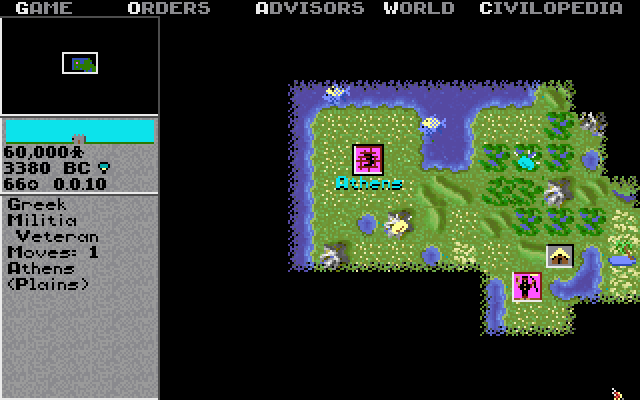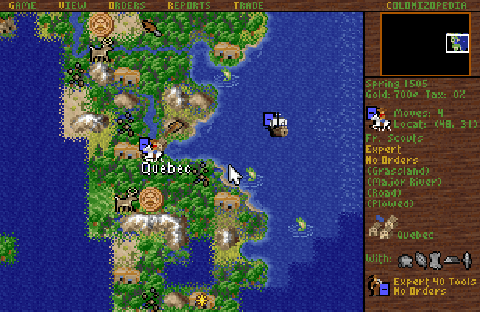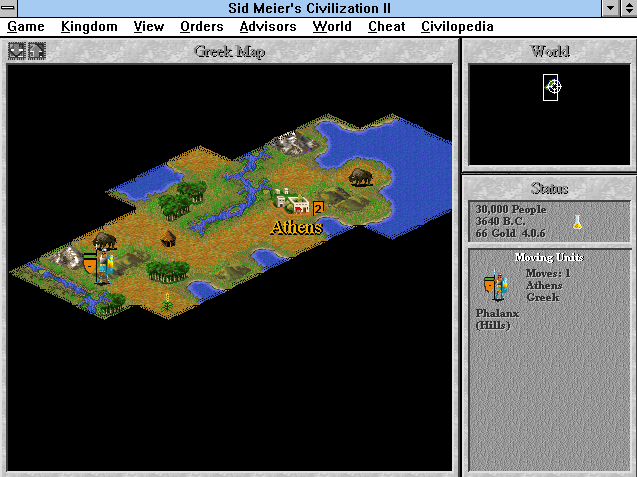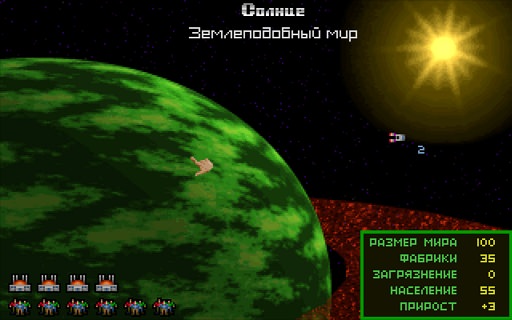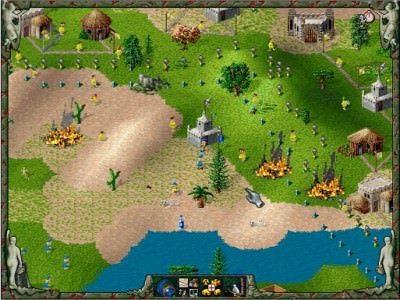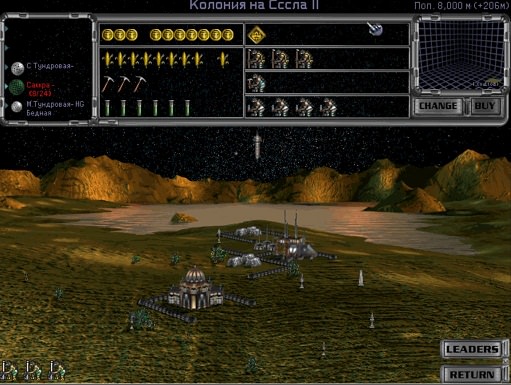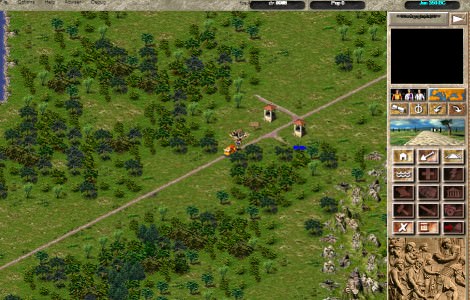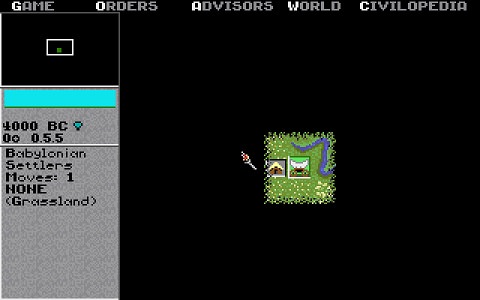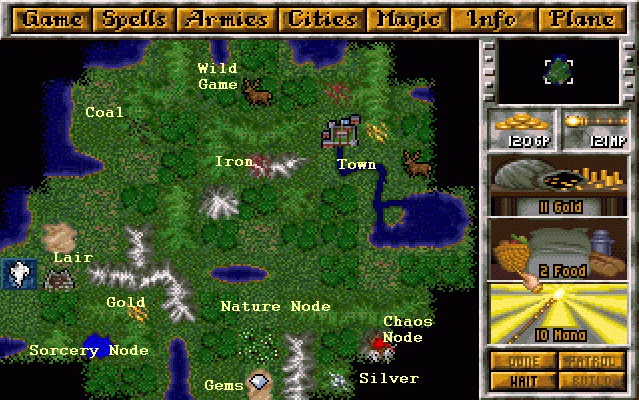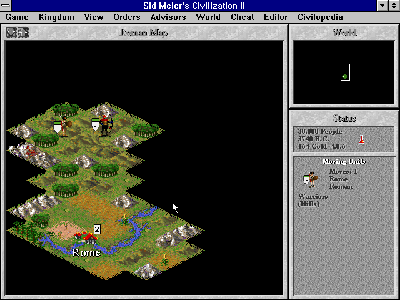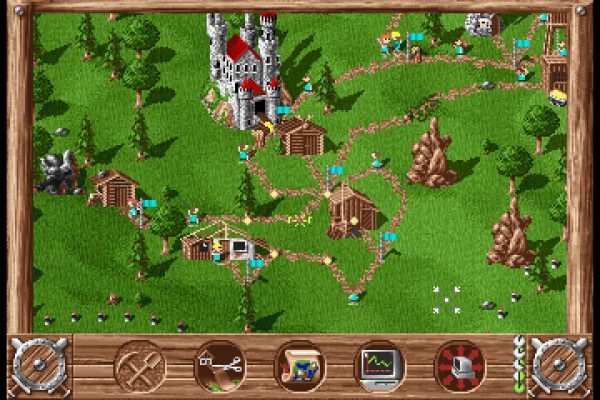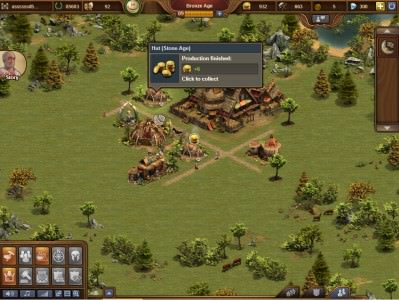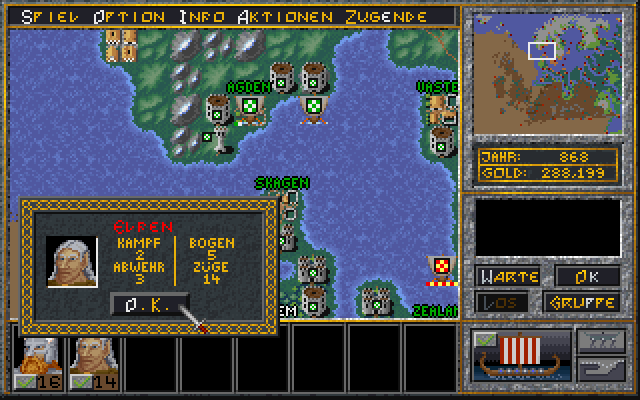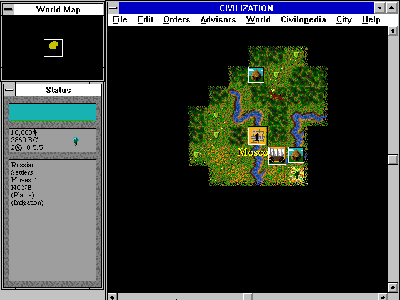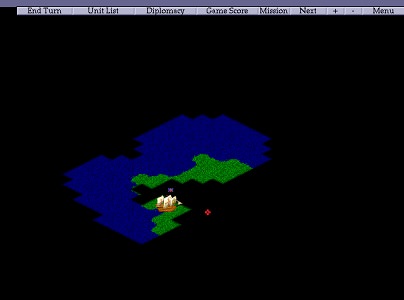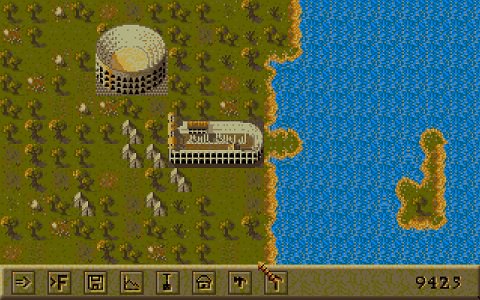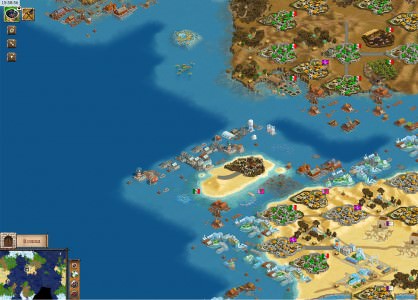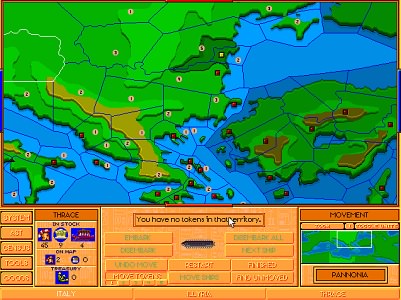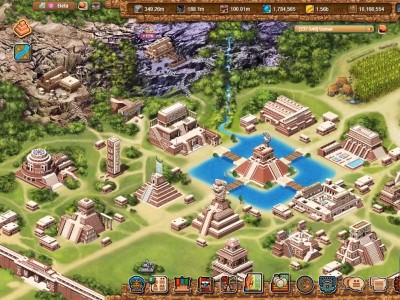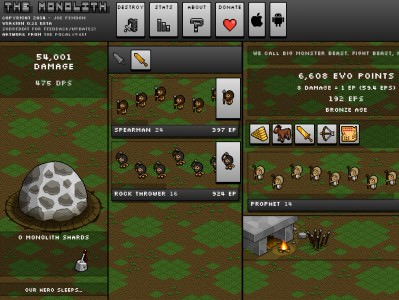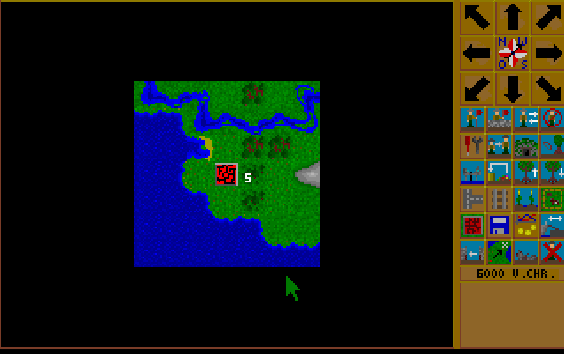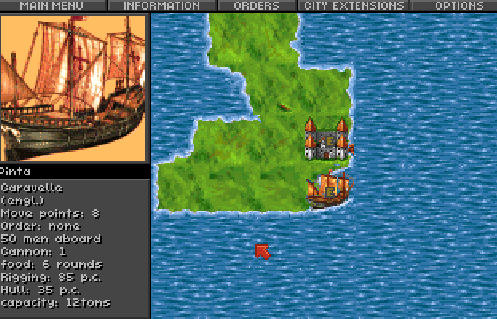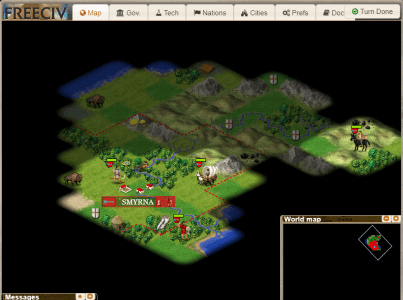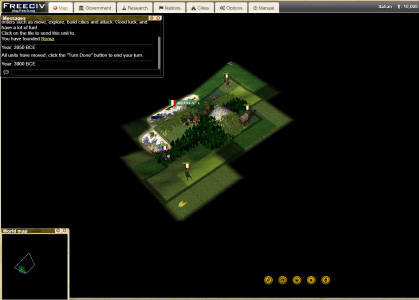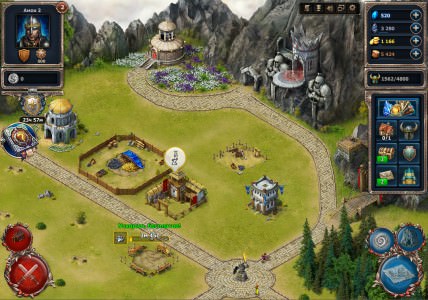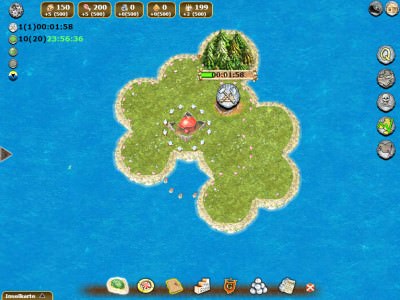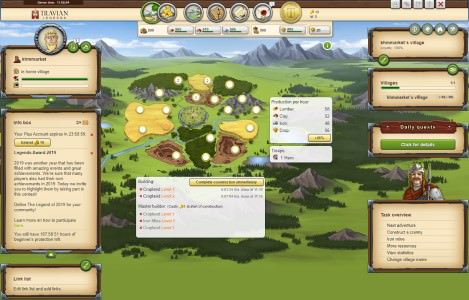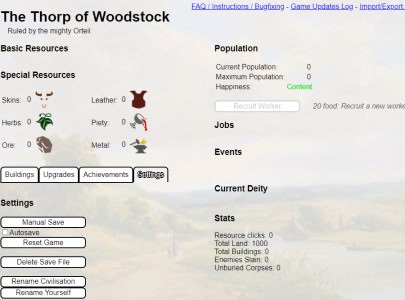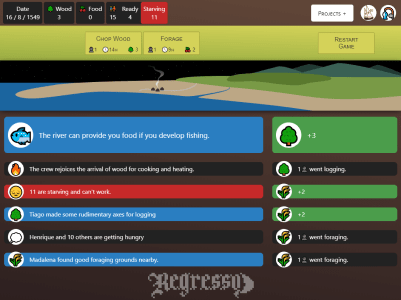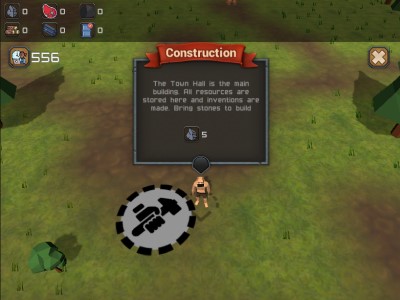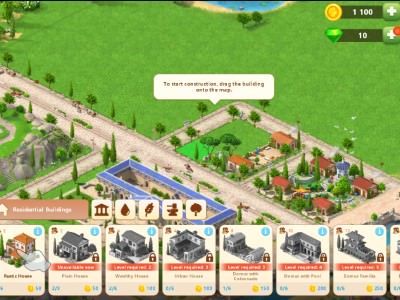Play free civilization games — directly in browser!
Civilization games are turn-based historical strategy games in which the player controls the development of civilization over the millennia from the Stone Age to the Space Age. The user explores the world, builds international relations, makes scientific discoveries, conducts military operations. Civilization is associated with the "one more move" phenomenon. Games are so addictive that many users spend a lot of time in them, being late for work meetings and forgetting about sleep. Under the cut, we will analyze what made the Civilization games so exciting.
What is another phenomenon?
Sid Meier, the game's developer, didn't expect Civilization to be this fun. Already after the release of the game, letters began to come to the studio. In them, the players said that they could spend the whole night behind the strategy without noticing it.
The developers decided to figure out what is the reason for this effect. It turned out that in Civilization there is always some kind of cliffhanger. The very passage of the campaign in Civilization can be imagined as a long timeline, which consists of many microstories. These plots are not written by the writers - they naturally arise due to the sandbox gameplay. Anything can be such microhistory: a war between states, the construction of a road between cities, the conclusion of a peaceful alliance. And people most often strive to complete the story, close the gestalt and get a holistic experience.
But the peculiarity of Civilization is that microstories unfold in parallel to each other. As soon as the player gets to the middle of one, another begins. Because of this, there is never a good moment in Civilization to stop. Something is bound to happen every few turns, so the player doesn't want to end the playthrough until they know how the story ends.
Another feature of Civilization is that these microstories vary greatly in length. Due to the fact that game goals vary significantly in scope, they take different amounts of time to achieve. It may take several turns to complete one task and complete the microstory, while achieving another goal may take the whole game.
Short-term goals are small and insignificant accomplishments that do not have long-term consequences. This is the creation and movement of a unit, the construction of a section of the road, and so on. Such actions lead to the fulfillment of medium-term goals: the founding of a city, the development of technology, the study of surrounding lands.
The biggest and most significant of all are long-term goals. They have lasting consequences that affect the overall course of history. This is the end of the war, the capture of the continent or the passage of the campaign.
Since all events in the game occur in parallel, the player's focus and aspirations are constantly moving from one goal to another. Founded a new city → you have to go to protect the previous one from attack. Decided to explore the area → found a neighbor who sells a useful resource. Just finished the war → it's time to transfer forces to another front to defend against a new threat.
All this happens at the same time, the player's attention is constantly jumping from one event to another. There is no pause in Civilization after completing a stage, because the whole process is continuous.
